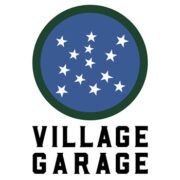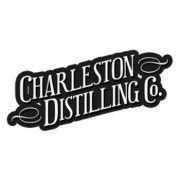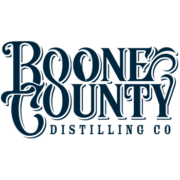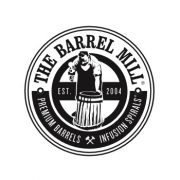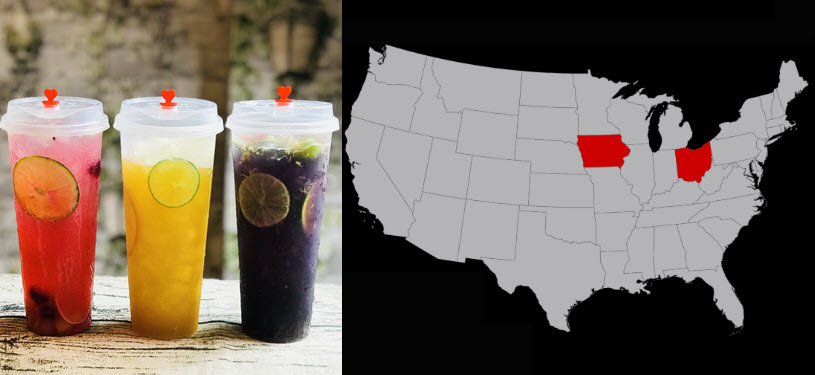
Legislators in the Buckeye State have been busy helping distilleries and the entire hospitality industry to survive the Covid-19 pandemic and beyond. Ohio Gov. Mike DeWine has inked the final signature necessary on two very important laws that will help distilleries across the state.
Bottle Sales Limit at the Distillery Increases from 2 to 4
One of the great things about craft spirits distilleries is there is no one-size fits all. Distilleries come in all shapes and sizes. Some focus all their effort solely on making spirits without too many bells or whistles while others focus on the overall customer experience by offering tours, a cocktail bar or a restaurant. These are just a few of the things that make every distillery unique.
One thing that is common to all distilleries is bottle sales, without sales not much else is possible. This newly enacted Ohio law helps those sales effort by doubling what a distillery can sell in their retail shop.
HB 160 changed three simple words in the law that will help all distillers and spirits fans across the state.
(2) An A-3a permit holder shall sell not more than one and one-half three liters of spirituous liquor per day from the permit premises to the same personal consumer.
The change means that instead of buying two 750ml bottles craft spirits fans can now purchase up to four 750ml bottles per customer per day. The change is a big deal for consumers and will go a long way to help distillers through these challenging times. Technically the new law allows any combination of bottle sales up to the 3L limit.
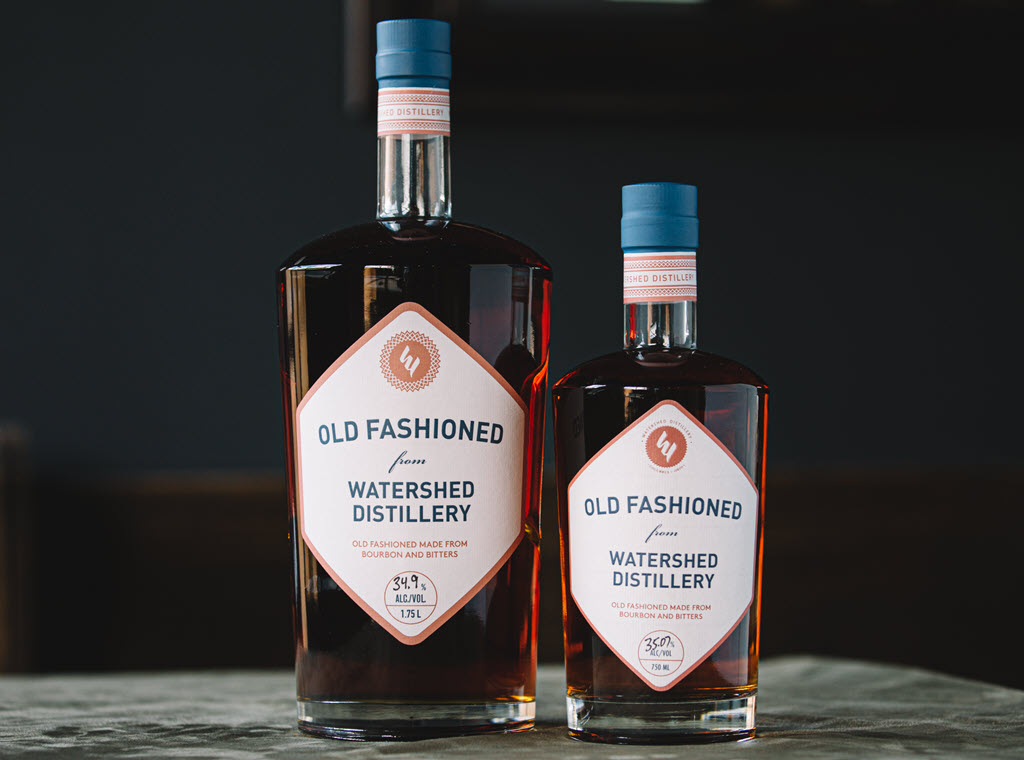
We reached out to a few Ohio distilleries to get their thoughts on what these changes will mean for their businesses.
Claire Spurlock Marketing Manager for Watershed Distillery summed it up best by saying, “This is a game changer. This is really exciting to us because we are just introducing a 1.75L of our Watershed bottled Old Fashioned Cocktail. Before the change in the law it would have been illegal to sell this out of our bottle shop because it was above the previous 1.5L limit. So with the passing of the bill it allows us overnight to sell these larger bottles out of our distillery.”
Cocktails To-Go Sales Made Permanent – Limit Increased from 2 to 3
Not only are many distilleries struggling during the Covid-19 pandemic but so is the entire hospitality industry. One of the ways that almost all states have tried to help provide a needed lifeline to the industry is to allow to-go cocktails. This includes bars, restaurants and distilleries that are licensed to sell cocktails.
While many states are having a hard time passing a single bill Ohio passed two. The newly passed HB 669 not only makes to-go cocktails permanent but it has increased the quantity from two to three cocktails with the purchase of a meal. If a customer orders four meals they could order up to a dozen to-go cocktails and so on.
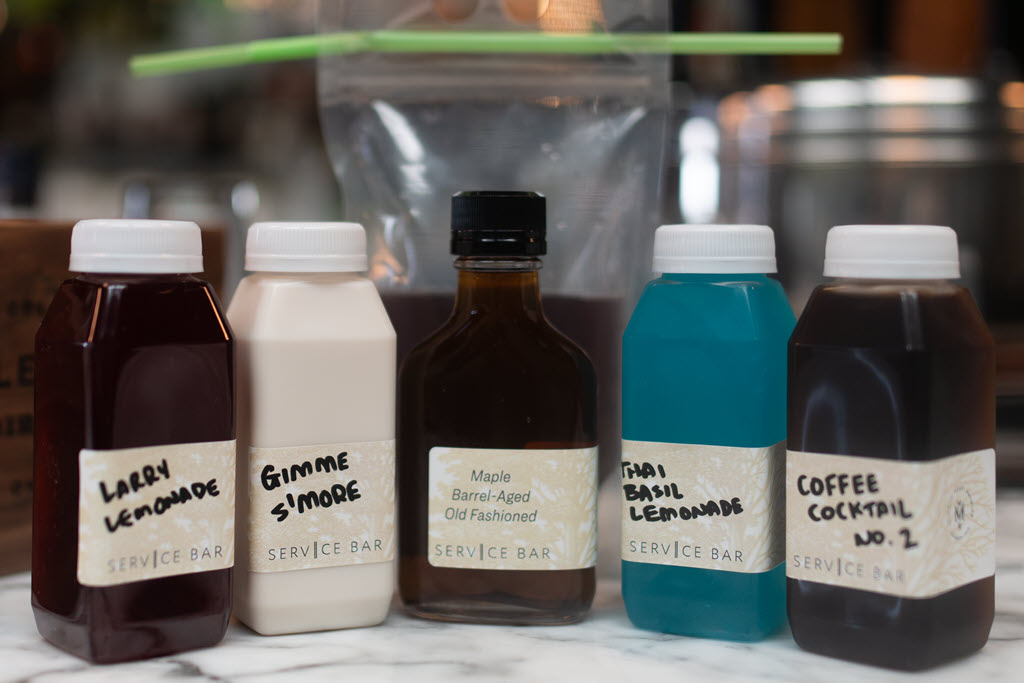
“Every little thing helps us,” said Josh Daily Director of Sales at Middle West Spirits. “If we can get one more cocktail out the door with a meal that’s a little bit more revenue we can get in the door to keep the lights on and keep going.
“We shifted to an all carryout model earlier this year and will stay in that model for the foreseeable future. Our restaurant is pretty small so even when we add social distancing it doesn’t make sense for our dine-in restaurant. For our footprint we could only have a handful of tables if we did open up and that’s not enough to justify staff. We need people to be able to make a living wage and serving two tables a night is not a living wage. The to-go cocktail really allows us to have more add-ons for the food boxes that we put together with the interesting cocktails we’re making.”
In addition the new law allows the option for third party services to deliver cocktails. All the standard rules apply like verifying a customers age. The full details of Ohio House Bill 669 are included below.
Stay Informed: Sign up here for the Distillery Trail free email newsletter and be the first to get all the latest news, trends, job listings and events in your inbox.
Ohio Becomes the 2nd State to Make Cocktails To-Go Permanent
Currently, more than 30 states plus the District of Columbia are allowing restaurants and/or bars to sell cocktails to-go, bottled spirits to-go or both. Ohio is now the second state in the nation in addition to Iowa to make cocktails to-go permanent in response to the Covid-19 pandemic. Other states, including Texas, Florida, Oklahoma and the District of Columbia are also considering making their policies permanent.
The Hospitality Recovery Coalition, an initiative led by the Distilled Spirits Council of the United States (DISCUS) in partnership with the American Distilled Spirits Alliance (ADSA), the Council of State Restaurant Associations (CSRA), the National Restaurant Association, TIPs and the United States Bartenders Guild (USBG) sent a letter applauding Governor DeWine for signing HB 669.
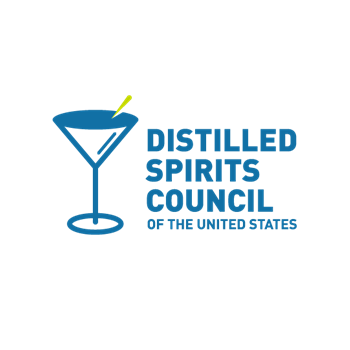
“During these unprecedented times, [Governor DeWine has] listened to the plight of Ohio’s restaurants and bars as they struggled to cope with the challenges posed by COVID-19,” the Hospitality Recovery Coalition letter reads. “Cocktails to-go provided a much-needed lifeline for struggling on-premise locations and prevented the permanent closure of many of these businesses. Now that this measure is permanent, hospitality businesses have increased stability despite the uncertainty surrounding the pandemic.”
The distilled spirits industry is committed to responsibility and encourages moderation for adults who choose to drink alcohol. DISCUS reminds fans that cocktails to-go are intended for home consumption and that laws governing alcohol consumption must always be observed.
Related Story
Iowa 1st State in the Nation to Make ‘Cocktails To-Go’ Permanent for Bars, Restaurants and Distilleries
View all Ohio Distilleries.
Ohio House Bill 669
Here are the highlights of the changes. The full HB 669 can be viewed here.
To amend section 4301.62 and to enact section 4303.185 of the Revised Code to enact provisions of law relative to the sale and delivery of alcoholic beverages by liquor permit holders and to the expansion of sales areas of liquor permit holders and to declare an emergency.
(H)(1) As used in this section, “alcoholic beverage” has the same meaning as in section 4303.185 of the Revised Code.
(2) An alcoholic beverage in a closed container being transported under section 4303.185 of the Revised Code to its final destination is not an opened container for the purposes of this section if the closed container is securely sealed in such a manner that it is visibly apparent if the closed container has been subsequently opened or tampered with after sealing.
Sec. 4303.185. (A) As used in this section:
(1) “Alcoholic beverage” means beer, wine, mixed beverages, or spirituous liquor.
(2) “Personal consumer” means an individual who is at least twenty-one years of age and intends to use a purchased alcoholic beverage for personal consumption only and not for resale or other commercial purposes.
(3) “Qualified permit holder” has the same meaning as in section 4301.82 of the Revised Code and also includes an A-3a permit holder.
(B) (1) In addition to any other sales authorized by a qualified permit holder’s permit, a qualified permit holder may sell alcoholic beverages by the individual drink in sealed, closed containers to a personal consumer for off-premises consumption, including via delivery to the location of the personal consumer.
(2) A qualified permit holder may only sell alcoholic beverages under division (B)(1) of this section if the permit holder also sells a meal with the alcoholic beverages.
(3) A qualified permit holder shall not sell more than three alcoholic beverages per meal to any individual under division (B)(1) of this section.
(C)(1) A qualified permit holder may only sell types of alcoholic beverages under division (B) of this section that the qualified permit holder is otherwise authorized to sell under the qualified permit holder’s permit.
(2) Prior to delivering an alcoholic beverage to a personal consumer under this section, a qualified permit holder, or an employee of the qualified permit holder, shall make a bona fide effort to ensure that the personal consumer is at least twenty-one years of age.
(3) A qualified permit holder may use an H permit holder to make deliveries authorized under this section.
Please help to support Distillery Trail. Sign up for our Newsletter, like us on Facebook and follow us on Instagram and Twitter.

